We need reform to engage politicians and non-politicians across the spectrum, writes former leader of the Scottish Liberal Democrats, Malcolm Bruce.
Nicola Sturgeon’s departure as leader of the SNP unlocks the way for a more open debate about Scotland’s future, which, by her own admission, has become polarised and has also stagnated.
I recently had a conversation with a senior member of the SNP. I was told: “Independence is just going to happen. Get over it.” I insisted that I and many others had an alternative vision for Scotland which I believed to be just as valid and far less divisive.
I am a passionate home ruler. The term is often misrepresented and confused with pro-independence. In reality, it means Scotland being in control of its own domestic affairs, but participating fully in the shared decisions and destiny of the United Kingdom.
I do not believe independence is or should be inevitable – nor is it overwhelmingly popular. Scotland is a nation and doesn’t have to break up the UK to prove it.

It should be possible to entrench devolution with clarity over what is devolved, what is reserved and what is shared, and reinforce it with a dispute resolution mechanism with ultimate recourse to the Supreme Court as a de facto constitutional court.
It should also be possible to give a voice to the English regions which are increasingly demanding it, without imposing assemblies or treating England as a single (always dominant) entity.
Over the last 25 years, Scotland’s identity has been addressed. Hence, we have a Scottish Parliament with tax-raising, borrowing and social benefit powers.
We will always share these islands and can assert our identity as Scottish and British. Basing the case for independence on hostility to the Tories is a rapidly depleting weapon which will run out of ammunition once this UK Government is trounced at the next election.
The SNP has relied on pointing out the appalling behaviour of the Conservative government, but that has become a very low bar. The Nationalists accuse those who do not support independence of failing to make a positive case for remaining in the UK. That may be partially fair, but, equally, they have not produced a credible or coherent case for independence, nor acknowledged how much we would lose from a break-up.
The wind of change is blowing
We absolutely need reform which must engage politicians and non-politicians across the spectrum. A more proportional voting system for the House of Commons (and, incidentally for the Scottish Parliament) and a mostly elected replacement for the House of Lords would be a start.
Governments must stop using local authorities as punching bags and give them real autonomy and financial security.
We have to re-engage with the EU here and now, so that we can reduce friction and barriers to mutual benefit. We cannot wait for the distant and unlikely day of independence for Scotland to rejoin the EU on even more uncertain terms and with further barriers.
The political climate across the UK is rapidly changing, with increasing animus against Brexit and the Tories. The wind of change is blowing, and I believe it is in Scotland’s interests to be part of it.
Of course, the SNP will campaign for independence. It is why the party was founded. However, its politicians have failed to show competence in government, or show how movement of people, goods and services and the sharing of common resources such as defence and national security, foreign affairs and financial protection would operate across a politically divided island.
We are part of a rich and diverse society – creative and innovative – which has, for the time being, lost its way through poor leadership
On reflection, some voters might decide that home rule offers a better option than the long-term disruption that independence would inevitably bring.
The United Kingdom is a lot more than party politics. We are part of a rich and diverse society – creative and innovative – which has, for the time being, lost its way through poor leadership.
It is time for the debate in Scotland to be reset and opened up. Independence is not the holy grail. There should be a better way to build a constructive partnership across the UK, rather than testing it to destruction.
Malcolm Bruce was the first leader of the Scottish Liberal Democrats, and a long-serving MP for Gordon. He is now the Lib Dem spokesman on Scottish affairs in the House of Lords
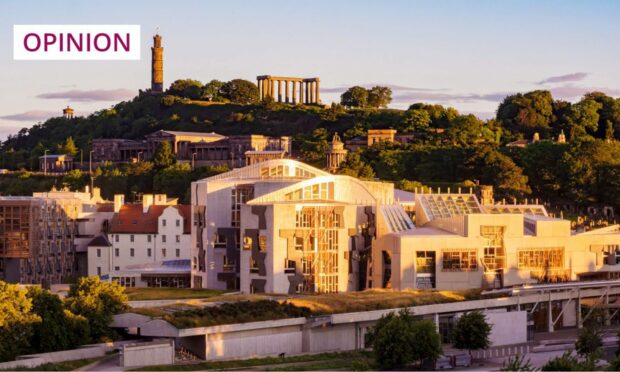
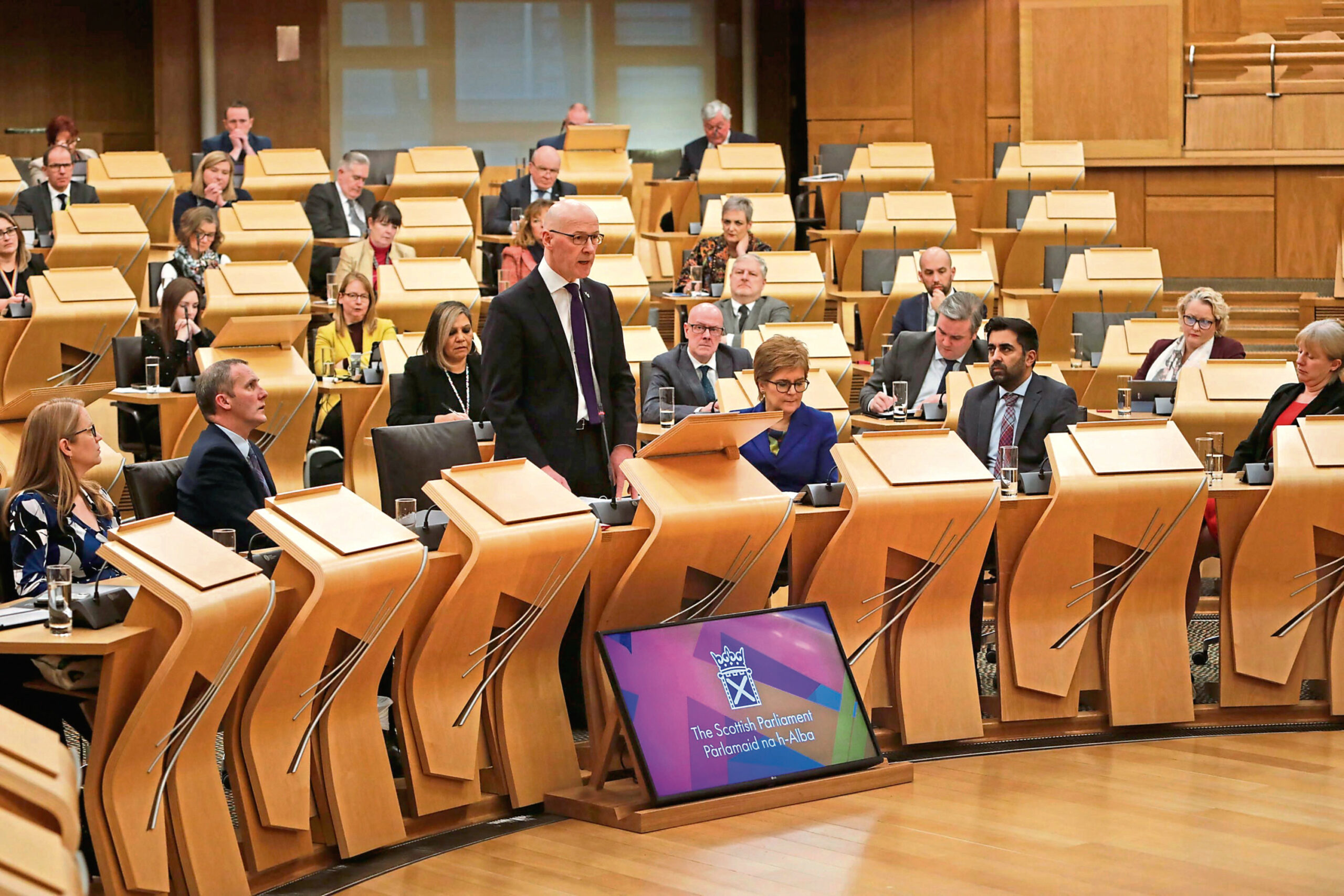





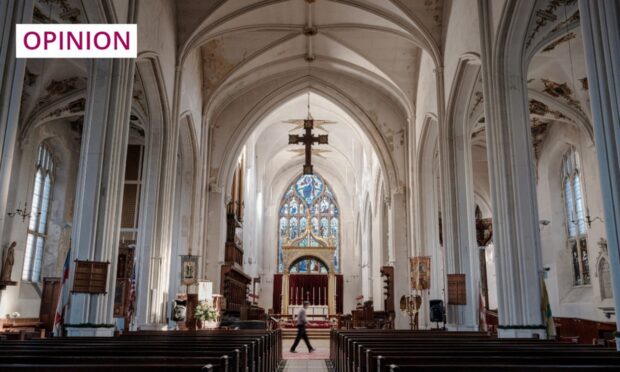
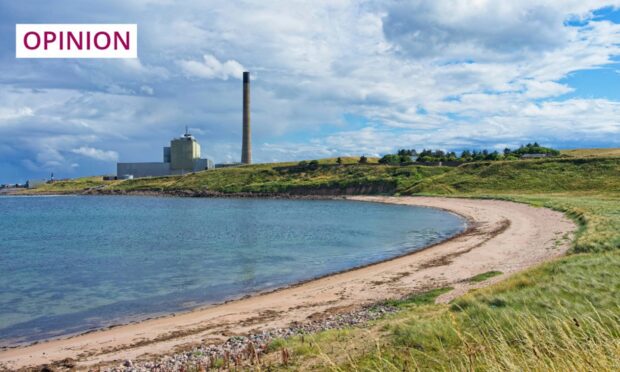


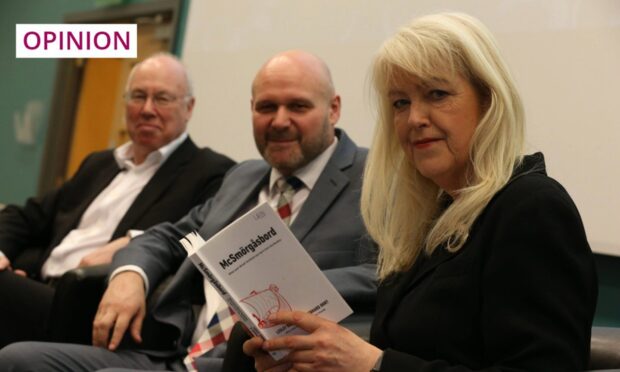
Conversation